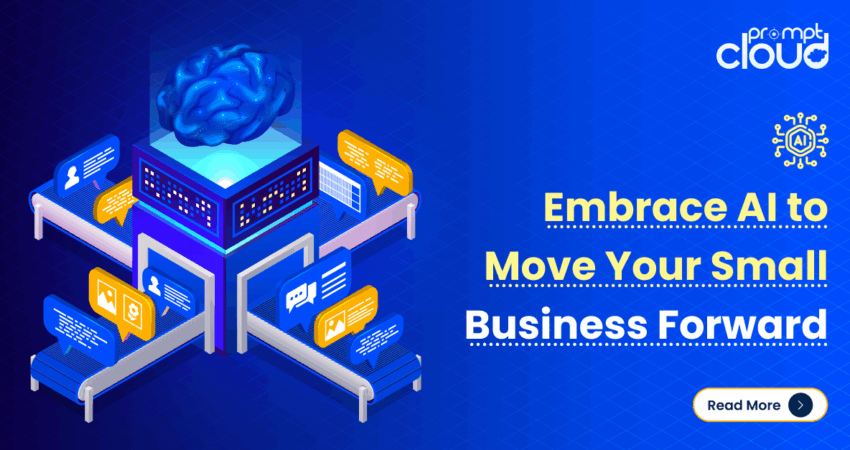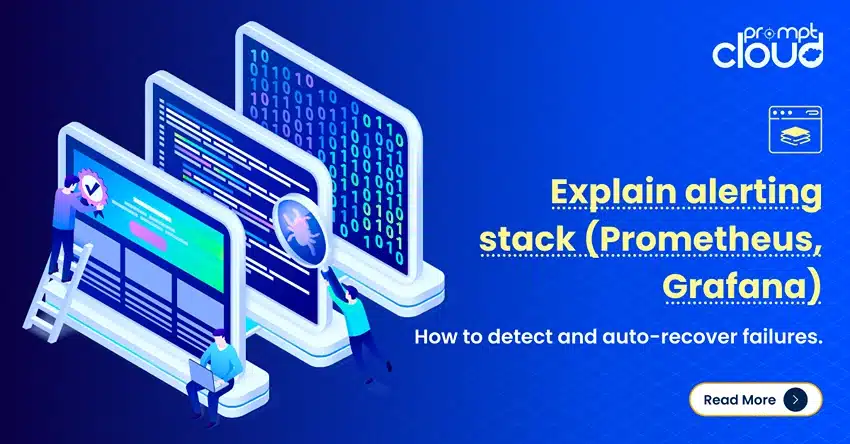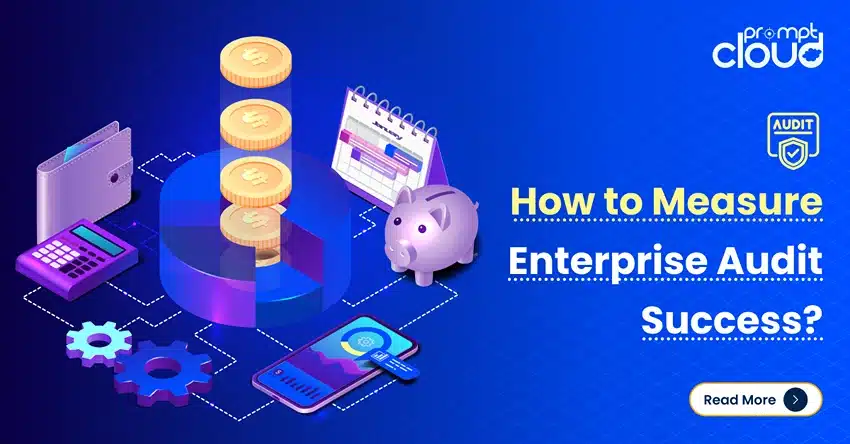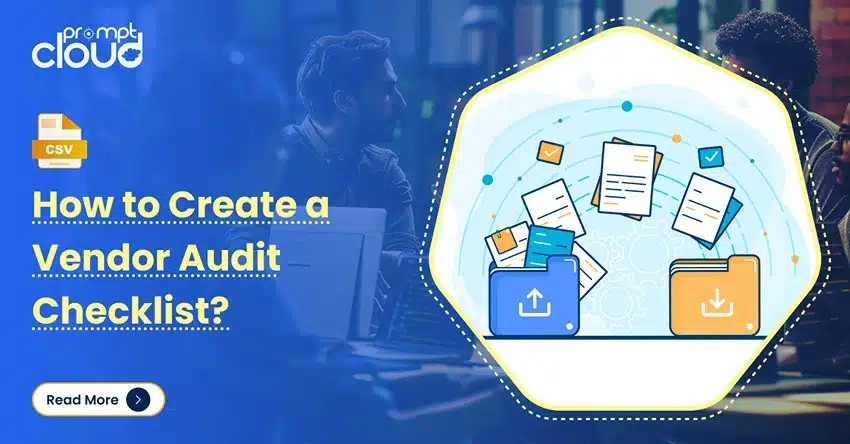
**TL;DR**
Artificial Intelligence is no longer reserved for tech giants. It is now a practical tool that helps small businesses make better decisions, automate repetitive tasks, and connect with customers more effectively. From AI website builders to automated customer support and predictive analytics, artificial intelligence makes business operations faster, smarter, and more affordable. When paired with structured data and the right tools, AI can transform how small businesses market products, analyze performance, and deliver personalized experiences that rival larger competitors.
Introduction
Artificial Intelligence is no longer a futuristic concept. It sits inside the tools you already use and shapes how businesses communicate, sell, and grow. For small businesses, this is not a luxury. It is a practical way to compete with larger players.
Here is what Artificial Intelligence brings to a small business today:
- Faster decisions based on real data instead of guesswork.
- Automation of repetitive tasks so teams focus on high-value work.
- Personalised customer experiences that increase trust and loyalty.
- Clearer visibility into what is working through predictive analytics.
- Better use of budgets by targeting the right actions at the right time.
The value comes from turning data into action. Every click, chat, and transaction becomes a learning signal. With the right setup, Artificial Intelligence helps a small business answer customers quickly, recommend the next best product, and forecast demand with confidence.
Embracing Artificial Intelligence is no longer about new technology. It is about staying competitive in a digital-first market where speed, accuracy, and personalisation decide who wins.
What Artificial Intelligence Means
Artificial Intelligence, often called AI, refers to the ability of machines to perform tasks that typically require human intelligence. These tasks include learning from experience, recognizing patterns, understanding language, and making decisions. Within this field, machine learning is the specific method that allows computers to learn automatically from data without being explicitly programmed for each task.
At its core, AI mimics how humans process information. It collects data, finds relationships, and uses those insights to predict outcomes or recommend actions. For example, when an eCommerce chatbot suggests a product or a marketing tool predicts the best time to post on social media, AI is quietly at work behind the scenes.
What makes AI powerful is its adaptability. The more data it processes, the better it becomes at recognizing trends and improving results. This constant learning loop is what makes Artificial Intelligence valuable for small businesses that want to act faster with limited resources.
For small business owners, AI is not about replacing people but amplifying what they can do. Instead of spending hours on repetitive work or manual analysis, teams can rely on AI to handle those tasks and focus on creativity, strategy, and customer relationships.
Understanding how AI works and where it fits into business processes is the first step toward using it effectively. The next section explores exactly how Artificial Intelligence helps small businesses grow, from better decision-making to smarter customer engagement.
See how monitoring and auto-recovery work in real scraping pipelines
How AI Benefits Small Businesses
Artificial Intelligence simplifies how small businesses operate. It reduces manual work, improves accuracy, and strengthens decision-making. Below are the key areas where AI creates measurable impact.
1. Smarter Decision-Making
Small businesses often make decisions based on limited or outdated information. AI changes that by analyzing real-time data from sales, marketing, and customer interactions. Predictive models can forecast demand, highlight risk areas, and recommend next steps. This means business owners act with confidence instead of guesswork.
2. Automated Website Creation
Building a website once required developers and long timelines. Today, AI-powered website builders can design professional sites in minutes. By entering business details, the system generates a complete layout, selects colors, and optimizes content for conversions. This saves both time and cost while ensuring a professional digital presence.
3. Targeted Advertising
AI-driven advertising platforms analyze customer data to create campaigns that reach the right audience. Instead of testing dozens of combinations manually, AI tools automatically run predictive analyses to identify which message or image will perform best. This leads to higher ROI and better audience engagement without inflated marketing budgets.
4. Enhanced Customer Service
AI chatbots now handle customer queries around the clock, providing instant answers and personalized support. They use past conversations and sentiment analysis to understand tone and adjust responses. For small businesses, this means consistent service quality and higher customer satisfaction, even outside business hours.
AI enables small businesses to scale intelligently. The next section discusses how new trends in 2025 are making these tools even more accessible and affordable for smaller teams.
Affordable AI Adoption in 2025
The Cost Landscape
AI is no longer out of reach for small teams. Most core capabilities now arrive as pay-as-you-go APIs or lightweight apps. You can start with a modest budget, validate value quickly, and scale usage only when results are clear.
Practical Entry Points
Start where impact is immediate. Common first steps include a chatbot for support, product or content recommendations, and automated reporting. These use existing data and do not require a full data science team.
Data Readiness
Clean, usable data is the real unlock. Centralize basic records such as products, customers, and transactions. Standardize fields, remove duplicates, and document definitions. Even simple cleanup improves model accuracy and reduces maintenance work.
Build Versus Buy
Building gives control but needs engineering capacity. Buying accelerates outcomes and includes maintenance. Many small businesses use a hybrid model. They license a platform for the heavy lifting and customize prompts, workflows, and analytics in house.
Governance and Risk
Adopt basic governance from day one. Track data sources, keep audit trails, define access rules, and review outputs for bias and hallucinations. A quarterly model review and a simple red team checklist keep risk contained.
A Ninety Day Quick Win Plan
- Month one sets the foundation. Pick one use case, define the success metric, and prepare a clean sample dataset.
- Month two ships an internal pilot with a feedback loop. Collect user comments and measure time
- saved or revenue impact.
Month three moves to production. Add monitoring, owner accountability, and a retraining schedule.
Data as the Foundation of AI for SMBs
Why Data Comes Before AI
Artificial Intelligence cannot function without data. For small and medium businesses, the biggest mistake is adopting AI tools before preparing the data that fuels them. Data determines what AI learns, how it performs, and how accurately it reflects real business conditions. A chatbot, for instance, can only answer questions as well as the information it was trained on. Similarly, a forecasting model is only as strong as the quality and consistency of the sales records it analyzes.
Building a Data Pipeline
A basic data foundation does not require an enterprise setup. Start with consistent storage and clear ownership. Organize data from sales, marketing, and customer interactions into a central repository where it can be accessed and updated easily. Next, establish a routine for cleaning and enriching it. Even simple steps such as removing duplicates, standardizing date formats, or labeling customer sentiment can make your AI applications far more reliable.
Role of Web Data
Small businesses often rely solely on internal data, but the real competitive insight comes from web data. Scraped product reviews, pricing changes, and customer feedback from online forums provide context that internal metrics cannot.
From Data Collection to Decision Intelligence
Once reliable data flows in, AI can move from analysis to action. Machine learning algorithms identify purchase trends, customer preferences, and emerging market opportunities. Predictive analytics converts raw numbers into business intelligence that guides pricing, marketing, and customer experience strategies.
The strength of AI for small businesses lies not in the algorithm itself but in the relevance and freshness of the data it consumes. The next section explores how real companies are already using Artificial Intelligence to grow faster, reduce costs, and deliver better customer experiences.
Real Examples of Small Businesses Using AI
Retail and eCommerce
Small retailers are among the biggest early adopters of AI. With limited manpower, they use automation to personalize shopping and optimize stock. AI-driven tools analyze purchase patterns to predict which products will sell next, helping owners reorder smartly and reduce waste. Chatbots handle FAQs and product queries instantly, freeing staff to focus on customer relationships.
| Use Case | AI Application | Business Impact |
| Product Recommendations | Machine learning algorithms analyze customer purchase history | Increased cross-sell and upsell revenue |
| Inventory Forecasting | Predictive analytics identifies high-demand products | Reduced stockouts and overstock |
| Chatbot Customer Support | AI chatbots handle repetitive queries 24/7 | Faster response times and higher satisfaction |
Hospitality and Services
Hotels, salons, and local service providers use AI to streamline bookings and manage customer feedback. Natural language tools analyze guest reviews to detect issues before they escalate. Smart schedulers predict peak hours and adjust staffing levels automatically, ensuring service quality even during rush periods.
| Use Case | AI Application | Business Impact |
| Dynamic Booking | AI tracks search data to adjust prices and availability | Higher occupancy rates and better revenue control |
| Sentiment Analysis | NLP tools extract customer opinions from online reviews | Improved service design and marketing focus |
| Resource Scheduling | Predictive models optimize staff availability | Reduced wait times and labor costs |
Marketing and Creative Industries
Small marketing agencies and freelancers use AI to automate repetitive creative work. Content generators, SEO optimizers, and image enhancement tools speed up production without losing quality. These tools not only reduce costs but also give smaller teams the agility to serve more clients simultaneously.
Across industries, AI adoption delivers measurable gains. Yet, long-term value comes from integrating AI into everyday workflows, not treating it as a one-off upgrade. The next section explores how to build that continuity through ethical, well-structured implementation practices.
The Road Ahead: How Small Businesses Can Lead with AI
Personalization as a Competitive Edge
In 2025, customer expectations have reached a new high. People no longer respond to generic marketing messages or one-size-fits-all offers. They expect personalized experiences from every business, regardless of its size. Artificial Intelligence gives small businesses the power to deliver that personalization at scale.
Recommendation engines, for instance, can tailor product suggestions based on browsing history, purchase patterns, and even sentiment in customer feedback. Predictive analytics tools can forecast when a customer might reorder or what type of service they are most likely to need next. This level of precision used to require enterprise-scale budgets, but cloud-based AI tools have made it achievable for small businesses.
An example is a small fitness studio using AI to analyze attendance data and automatically personalize class schedules and promotional emails. By predicting when members are likely to drop off, the studio can reach out proactively with special offers or reminders, reducing churn and improving loyalty.
AI in Operations and Supply Chain
Beyond customer experience, Artificial Intelligence is transforming the operational backbone of small businesses. AI-powered inventory systems track sales trends, supplier delivery times, and regional demand patterns to automatically optimize stock levels. Predictive maintenance systems for small manufacturers or logistics operators forecast equipment failures before they occur, reducing downtime and costs.
In retail, dynamic pricing engines automatically adjust prices based on real-time market conditions. For example, a small online electronics store can use AI to track competitor prices and adjust its own offerings instantly to stay competitive without constant manual monitoring. These applications prove that automation is not just about saving time it is about staying agile in volatile markets.
AI and Marketing: Turning Data into Dialogue
Marketing has seen one of the largest shifts due to Artificial Intelligence. For small teams, AI acts like a virtual strategist. Tools can now write ad copy, generate visuals, and analyze campaign performance across channels within minutes. The integration of generative AI in marketing automation platforms allows brands to maintain consistent voice and tone while producing content at scale.
A local travel agency, for example, can use AI to analyze seasonal demand, create targeted campaigns, and predict which destinations will gain interest before competitors catch on. The result is smarter planning and higher conversion without additional staff or agency fees.
Moreover, small businesses now use sentiment analysis to interpret how customers feel about their brand online. By monitoring reviews, comments, and feedback, they can adjust messaging, improve tone, and resolve pain points before they escalate into lost opportunities.
Balancing Automation and the Human Touch
As automation spreads, maintaining authenticity becomes crucial. Customers still value human warmth and empathy. The most effective small businesses are those that use AI to amplify, not replace, their personal touch. For example, AI chatbots can manage initial interactions and FAQs, but sensitive cases are quickly routed to human representatives who can handle them with care.
The key is balance. Artificial Intelligence handles data, pattern recognition, and speed. Humans bring creativity, judgment, and emotional understanding. Together, they create a hybrid system where efficiency meets empathy, the hallmark of successful small business operations in 2025.
Future Outlook
Over the next few years, the most competitive small businesses will treat AI not as a separate function but as a natural layer in every decision-making process. The barriers to adoption will continue to fall as tools become more intuitive and integration-ready.
PromptCloud’s work with real-time data pipelines shows how accessible AI can be when powered by clean, structured data. Whether it’s for marketing automation, customer engagement, or operational intelligence, the principle remains constant: better data leads to better AI outcomes.
Artificial Intelligence is not replacing entrepreneurship. It is redefining it. Small business owners who embrace AI today are not chasing technology trends; they are future-proofing their business models for the decade ahead.
Conclusion
Artificial Intelligence has moved from being a distant vision to becoming the most practical growth tool for small businesses. It helps owners make faster decisions, reduce repetitive work, and build personalized experiences that once required large teams and budgets. The lesson from early adopters is simple: AI success depends less on complexity and more on clarity, consistency, and data readiness.
Making AI Work Long-Term
Sustainable AI adoption requires a mix of process discipline and experimentation. The following table outlines the foundational steps that ensure long-term success for small businesses implementing Artificial Intelligence.
| Focus Area | Action Step | Why It Matters |
| Data Quality | Centralize, clean, and label key business data | Prevents biased or inaccurate model outcomes |
| Tool Selection | Choose modular AI tools that can scale | Keeps costs predictable and integration flexible |
| Team Training | Upskill employees on AI basics and prompt use | Builds confidence and reduces resistance to change |
| Performance Tracking | Measure impact through KPIs like conversion, cost savings, and time reduction | Links AI activity to tangible business ROI |
| Ethical Use | Review data sources and maintain transparency | Protects reputation and ensures long-term trust |
Artificial Intelligence does not replace people. It amplifies what they can achieve. For small businesses, the smartest move is to start simple, learn continuously, and build an AI foundation that grows with the company. The sooner you begin, the faster your business benefits from automation, insight, and intelligent decision-making.
If you would like to learn more about how data and automation accelerate business growth, explore these related articles on the PromptCloud blog:
- AI Web Scraping Agents 2025 – Learn how AI-driven web scraping agents automate data collection at scale.
- GenAI Web Scraping – See how generative AI reshapes web data processing for smarter analysis.
- Synthetic Datasets for AI – Understand how synthetic data improves model accuracy while protecting privacy.
- Scraping QA Automation – Discover how automated testing keeps web scraping workflows accurate and reliable.
For a broader perspective on how Artificial Intelligence is shaping small business growth, read Harvard Business Review’s 2025 report on AI adoption among small enterprises. It highlights real-world success stories and frameworks for scaling AI responsibly without large enterprise budgets.
See how monitoring and auto-recovery work in real scraping pipelines
FAQs
1. Why should small businesses invest in Artificial Intelligence?
AI helps small businesses automate manual work, improve accuracy, and make data-backed decisions that directly increase efficiency and revenue.
2. Is AI affordable for small businesses?
Yes. Many AI tools now operate on subscription or usage-based models, allowing small businesses to adopt technology without large upfront investments.
3. What is the most practical way to start using AI?
Start small with use cases that show fast results, such as chatbots, marketing automation, or sales forecasting, and scale as you measure ROI.
4. How does data affect AI performance?
AI relies on data quality. Clean, diverse, and regularly updated datasets make models more reliable and accurate. Poor data can lead to biased or ineffective results.
5. Can AI replace human workers in small businesses?
AI complements human teams rather than replacing them. It handles repetitive or data-heavy tasks so employees can focus on creativity, strategy, and relationship-building.



















